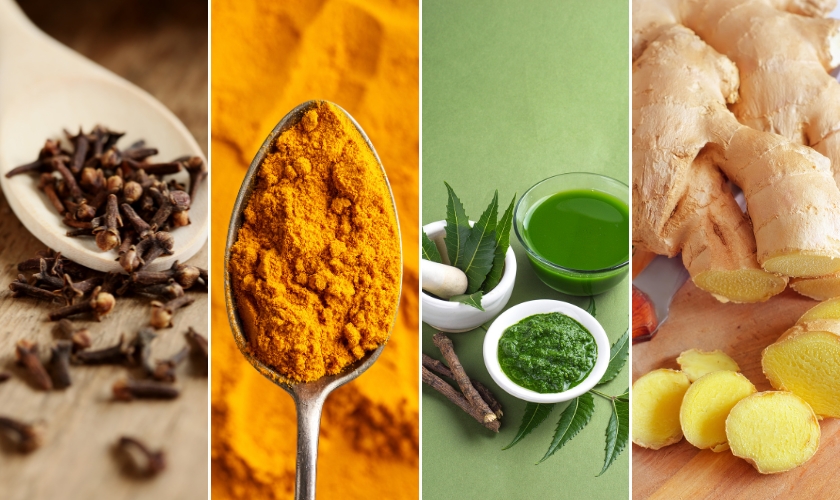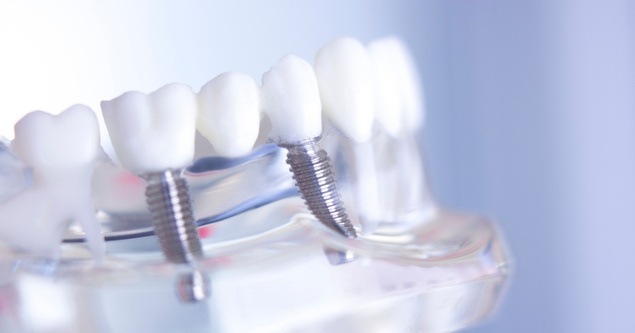
Tooth infections often strike teeth that are already heavily damaged, frequently stemming from cavities. Luckily, root canal procedures and natural antibiotics are two main ways to address these infections. If left untreated, severe tooth damage can significantly increase the risk of infection, potentially leading to the death of the tooth’s inner pulp. Natural antibiotics are vital in managing and reducing such infections by harnessing their powerful antibacterial properties. These natural substances can significantly improve the condition of the tooth by fighting off harmful microorganisms. This blog will explore the most effective natural antibiotics for tooth infections and explain how they work.
Do We Always Need Antibiotics?
Traditional antibiotics are powerful medications that act as the first line of defense against many infections. When used correctly, they’re a reliable and predictable treatment.
However, for tooth infections, antibiotics aren’t always the answer. This is because these infections often come from a dead tooth pulp. If the pulp itself isn’t addressed, the bacteria can keep spreading and infect surrounding tissues. So, while antibiotics might make you feel better temporarily, they won’t necessarily cure the infection entirely.
Modern dentistry typically reserves antibiotics for severe cases where the infection causes fever and facial swelling.
Fortunately, there are natural options! Certain foods, products, and even some everyday substances have natural antibacterial properties. These can offer some relief and help manage the infection while you wait for a root canal treatment.
Most Effective Natural Antibiotics for Tooth Infections
The following natural antibiotics show promise as effective home remedies for dental infections:
1. Clove
Clove is a superstar when it comes to tooth troubles! Research has confirmed its impressive double threat of reducing inflammation and fighting bacteria. In fact, dentists often use a material called dental eugenol, which contains clove extract, during root canal procedures.
The good news is that you can also harness clove’s power at home to manage the infection and its discomfort. Simply dab a little clove oil on a clean cotton swab or cloth and apply it gently to the sore area. Some people even find relief by chewing on a whole clove, as it releases the oil directly onto the affected area.
2. Garlic
Garlic might be best known for its pungent smell, but it packs a powerful punch against tooth infections too! This is thanks to a natural oil called allicin, which gives garlic its flavor and also acts as a double agent – fighting inflammation and killing bacteria.
There are a couple of ways to use garlic for tooth infections. You can crush a fresh clove and apply it directly to the sore area. Alternatively, some health stores sell garlic concentrates that can be helpful supplements during an infection. Just be sure to follow the recommended dosage – too much garlic can actually lead to internal bleeding!
3. Turmeric
Don’t throw away that turmeric in your spice rack just yet! This common ingredient is known for its antibacterial properties and ability to ease pain.
To experience turmeric’s potential benefits for tooth infections, you can create a simple paste. Just mix a tablespoon of turmeric powder with two tablespoons of water until it forms a thick consistency. Apply this paste directly to the affected area and leave it on for a few minutes before rinsing thoroughly with water. Repeating this process a few times a day might offer some relief.
4. Warm Saltwater Rinses
Many dentists recommend warm salt water rinses as a simple home remedy for tooth infections. Saltwater has natural anti-inflammatory properties that can help reduce swelling and discomfort. It can also help kill harmful bacteria and promote healing.
Making a saltwater rinse is easy. Just dissolve half a teaspoon of table salt in a glass of warm water and swish for about a minute. These rinses help cleanse your mouth and remove debris that can trap bacteria. For an even deeper clean, consider using a water flosser before rinsing with saltwater.
5. Ginger
Ginger is another kitchen staple that might offer some relief from tooth infections. It contains a substance called glycerol, which has natural antibiotic properties.
There are a few ways to use ginger: you can apply a paste made from crushed ginger directly to the sore area, chew on a small piece of ginger to release the glycerol near the infected tooth, or even drink ginger tea to benefit from its overall healing effects.
It’s important to remember that natural remedies like these are for temporary relief, not a cure. Good dental hygiene is crucial! Brushing your teeth properly is essential, and an electric toothbrush can be a great tool to help remove plaque and bacteria.
Finally, while antibiotics are powerful for many infections, they might not always be necessary for toothaches. They can make you feel better temporarily, but to truly eliminate a tooth infection, you’ll likely need a root canal treatment from a dentist.
Nature offers a surprising bounty of ingredients with properties that can mimic antibiotics! Common kitchen staples like clove, garlic, and ginger are all examples. Each boasts unique benefits: clove fights inflammation and bacteria, garlic’s allicin compound delivers a powerful antibacterial punch, and ginger’s glycerol offers natural pain relief. While these natural remedies can provide temporary relief from toothache symptoms and inflammation, it’s important to remember they are not a cure. For true healing of dental infections, professional treatment is essential. If you’re experiencing dental problems, don’t hesitate to schedule an appointment at our dental clinic. Dr. Alex Clark, DDS, a trusted dentist in Prairie Village, KS, specializes in dental treatments and cosmetic dentistry, offering personalized care to meet your specific needs.



